Healing with medicinal plants may be as old as humankind itself. After all, humans have always looked to nature to try and rescue them from their ailments.
Now, with modern medicine, healing with plants seems a little outdated. However, plant medicine is still used to treat illnesses worldwide.
Now you might be wondering, how old is plant medicine, why use plant medicine, and is it safe?
Continue reading below to find out everything you need to know about plant medicine.
History of Plant Medicine
Plant medicine has been used by every society throughout history and probably from the dawn of humankind. Many of the plants that were used in the past are still in use to this day.
One of the oldest written plant medicine preparations is from a Sumerian clay slab from Nagpur, which is 5000 years old. On the clay slab are 12 recipes for plant medicines with a list of over 250 plants like poppy and mandrake.
An ancient Chinese book called Pen T’Sao from 2500 BC includes 365 plant medicines, such as:
- Ginseng
- Jimson Weed
- Cinnamon bark
- Ephedra
The most well-known ancient source for plant medicine was a Roman named Dioscorides. He was a military physician in Nero’s army and studied medicinal plants wherever the Roman army traveled.
In 77 AD, he wrote De Materia Medica, which includes almost over 600 different types of plant drugs, where to find them, how to make them, and what they do. This book was the basis of all medicinal plant knowledge even until the Renaissance era.
The most commonly used medicinal plants in De Materia Medica are camomile, garlic, onion, icy, nettle, sage, coriander, and parsley.
Plant medicine would continue to develop over the following centuries as societies would discover more and more medicinal plants.
It wasn’t until the 19th century that there was a turning point for plant medicines. That’s because the 19th century was the dawn of scientific pharmacy.
People began to discover and isolate alkaloids and glycosides from different plants and turn them into powerful drugs.
Why Do People Use Plant Medicine?
There are many reasons why plant medicine is still in use to this day. For starters, access to healthcare is sadly not available to everyone.
In fact, the World Health Organization (WHO) estimates that 80% of the world’s population relies on herbal medicines for some type of healthcare need.
However, plant medicines are used mostly by developing countries. In a country like the USA, plant medicines make up about 25% of the total drugs.
In a developing country like India or China, 3/4 of the population still uses plant medicines and extracts.
With sky-high medical costs, sometimes it’s easier to use traditional plant medicines than seeing a doctor. On top of that, some drugs have a prohibitively high price that many people simply can’t afford.
Some people are also wary of the negative side effects of modern synthetic drugs, which may not be that effective in the first place.
Plant medicine is also being explored by scientists as a way to find new medicines. Some of our modern drugs, like antibiotics, are becoming less effective, and we need to seek out new alternatives.
Are Plant Medicines Effective and Safe?
Plant medicines are safe so long as they’re being used correctly. If a plant like parsley is being used, there will not likely be any adverse side effects.
To those of us who live in Western countries, plant medicines might make us skeptical. However, we need to remember that modern medicine is derived from plant medicines.
On top of that, many studies show the effectiveness of various plant medicines.
What Are the Most Powerful Medicinal Plants?
If you’re looking for a list of some of the most potent and safe medicinal plants, then we’ve compiled a list for you here.
Chamomile
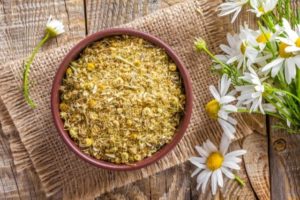
Chamomile is a small plant with flowers that look like daisies. However, most people probably know chamomile as a tea infusion.
Most of the chamomile tea flavors are sold as an aid for sleep. That’s because the relaxing and calming effects of chamomile are well-known.
A study confirms chamomile’s relaxing properties and shows that chamomile may have antioxidant and anti-cancer properties.
Lavender
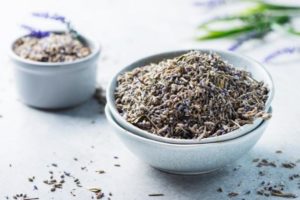
Lavender is an aromatic plant that has small purple flowers with an incredible smell. There’s a good chance that you’ve heard about lavender’s calming, anti-anxiety properties.
Studies show that lavender has soothing properties that can help people fall asleep or even shake off anxiety. On top of that, lavender may also have anti-inflammatory properties, which may explain its calming effects.
Turmeric

This bright orange spice comes from the root of the Curcuma longa plant. Turmeric is used in many dishes around the world and is not only delicious but is packed with medicinal properties.
Researchers have found turmeric to be a powerful anti-oxidant and also may be able to treat joint arthritis.
Flax Seed
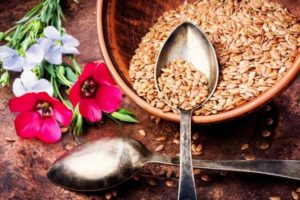
Perhaps you already use flax sad in your smoothies or breakfast. In fact, flaxseed has been harvested and used in the human diet for thousands of years.
It turns out that flaxseed may be a powerful anti-inflammatory and can reduce blood pressure.
Plant Medicines Are Making a Comeback
Right now, we’re in the midst of a plant medicine revival. You may have noticed that many people and wellness brands are pushing for more natural supplements.
It’s always a good idea to try and live as natural a life as possible. However, you should always be aware of the medicinal plant you’re using and why you want to use it.
Many companies are joining in on plant medicine supplements as a quick cash grab. That’s why you should always do your research before taking any natural plant medicine.
That’s why we include this link to the WHO’s website, which has detailed studies and doses of hundreds of medicinal plants.
On top of that, always make sure that whatever plant medicine or supplement you purchase is high-quality and doesn’t contain unnecessary fillers.
All in all, plant medicines can be trusted, but just like anything else, you need to decide if it’s right for you.

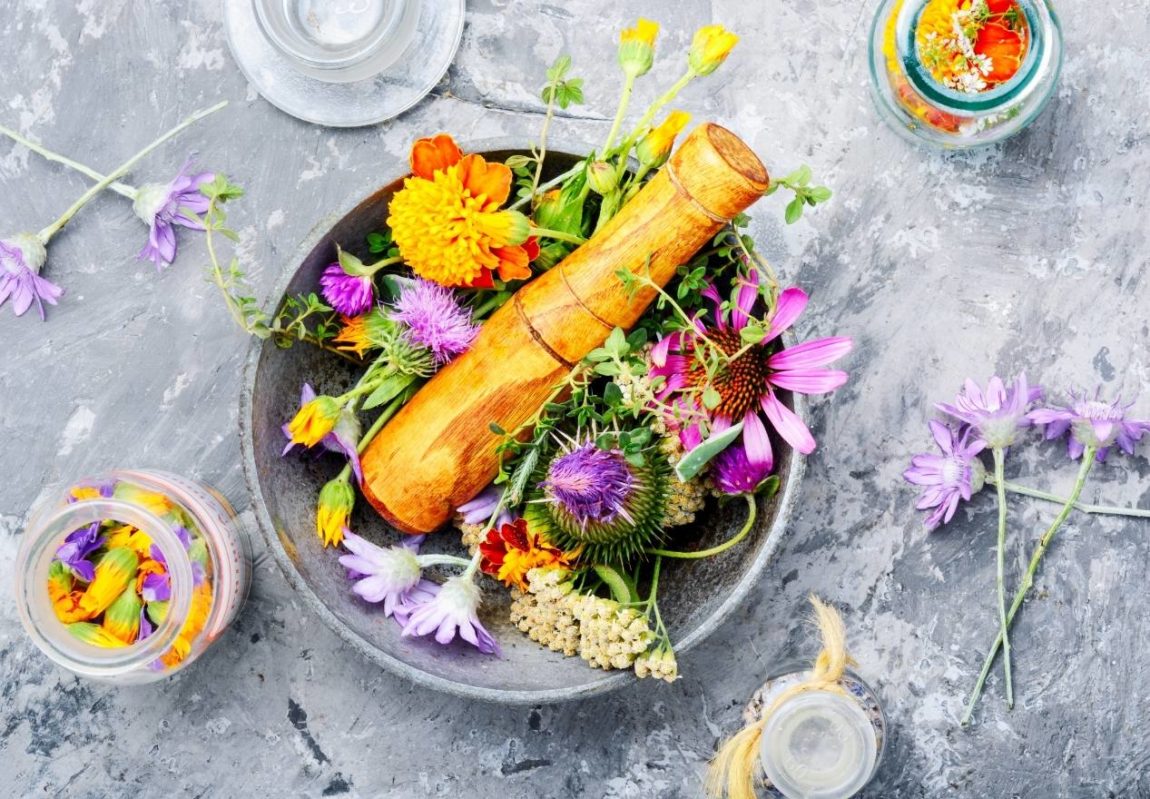

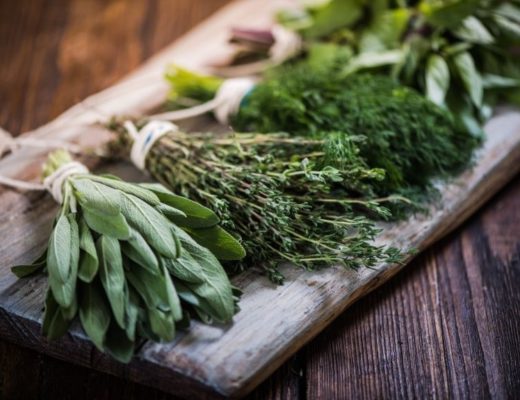
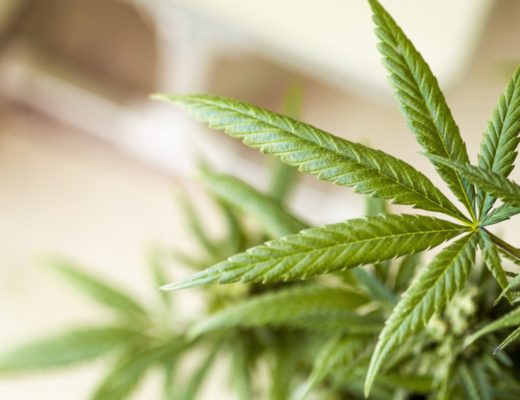
No Comments